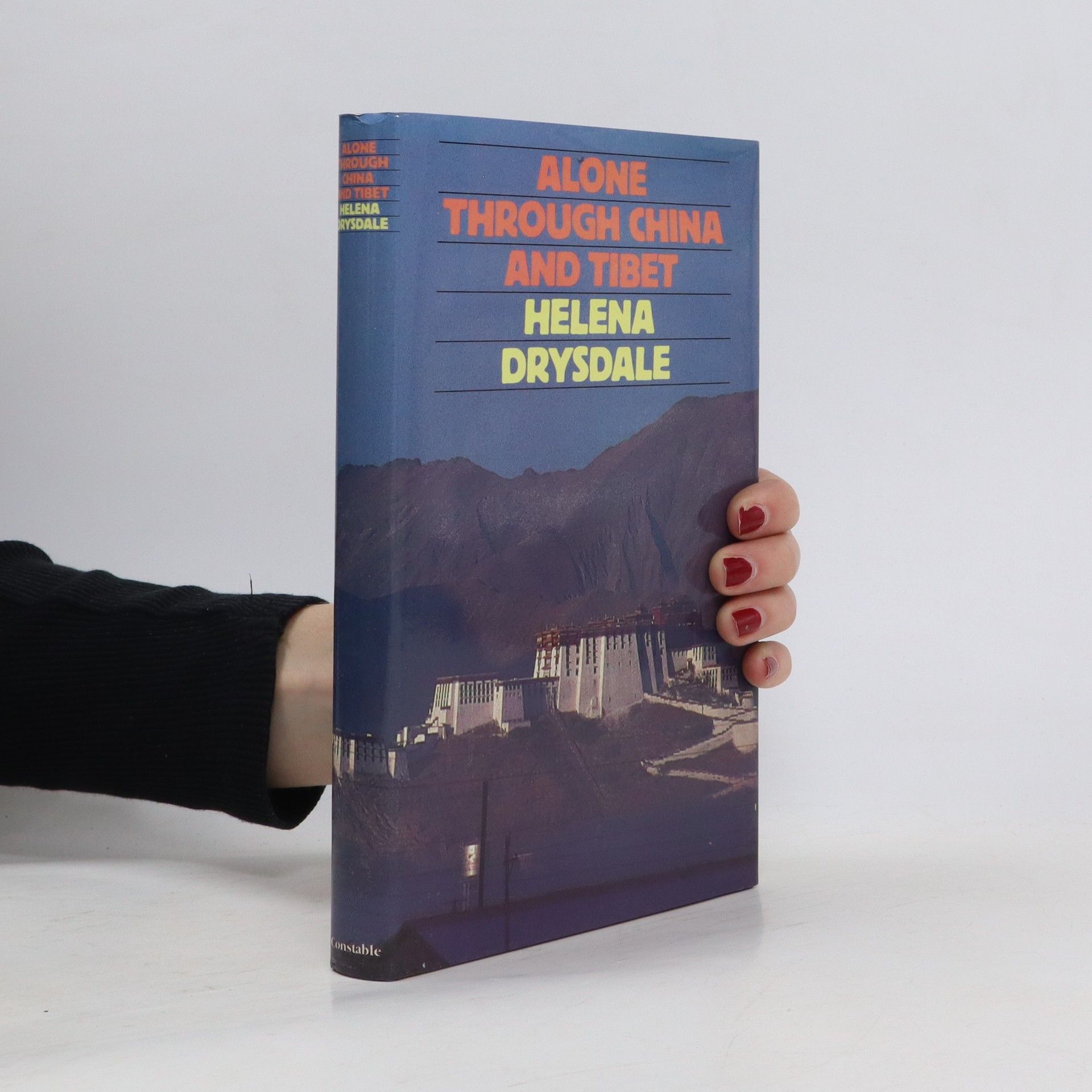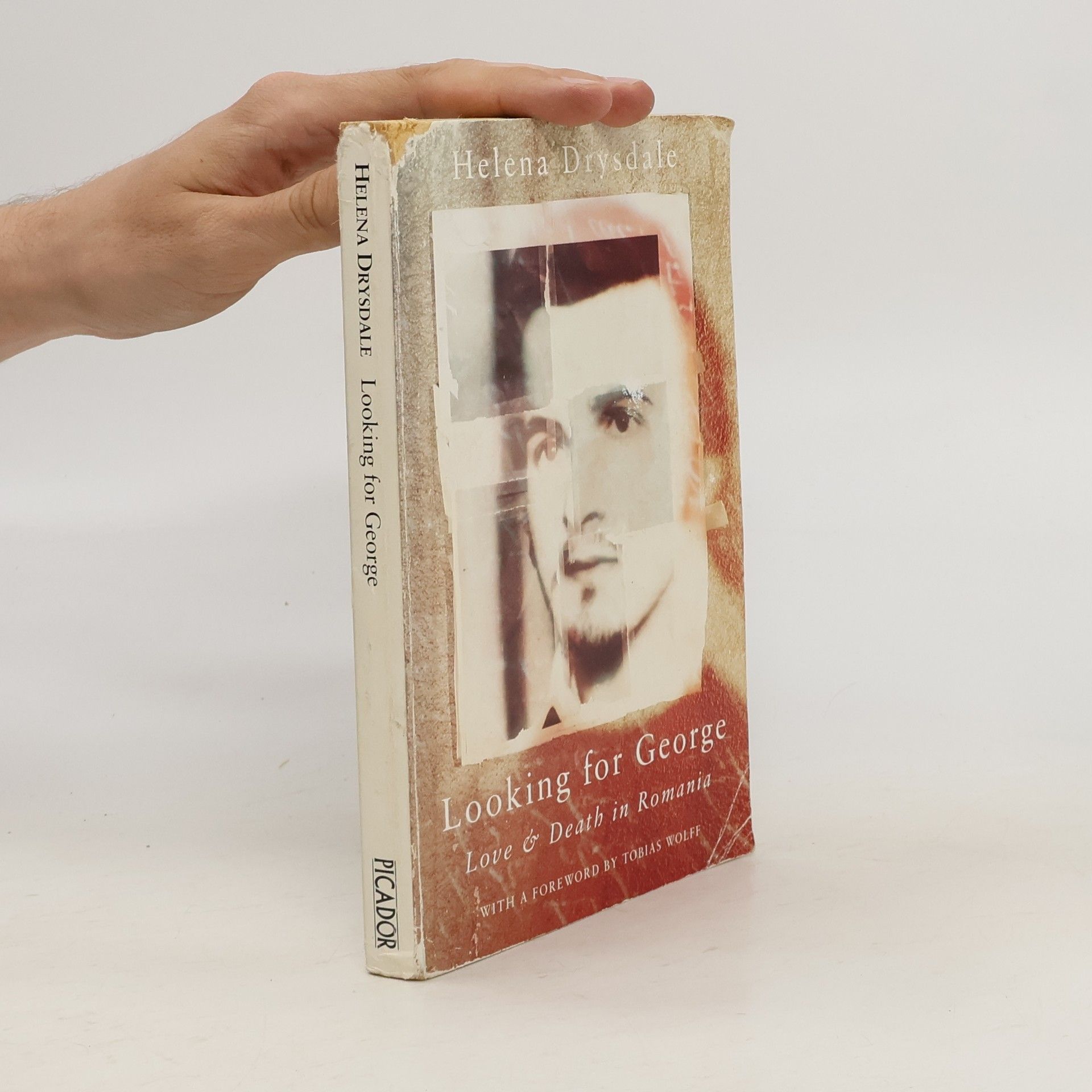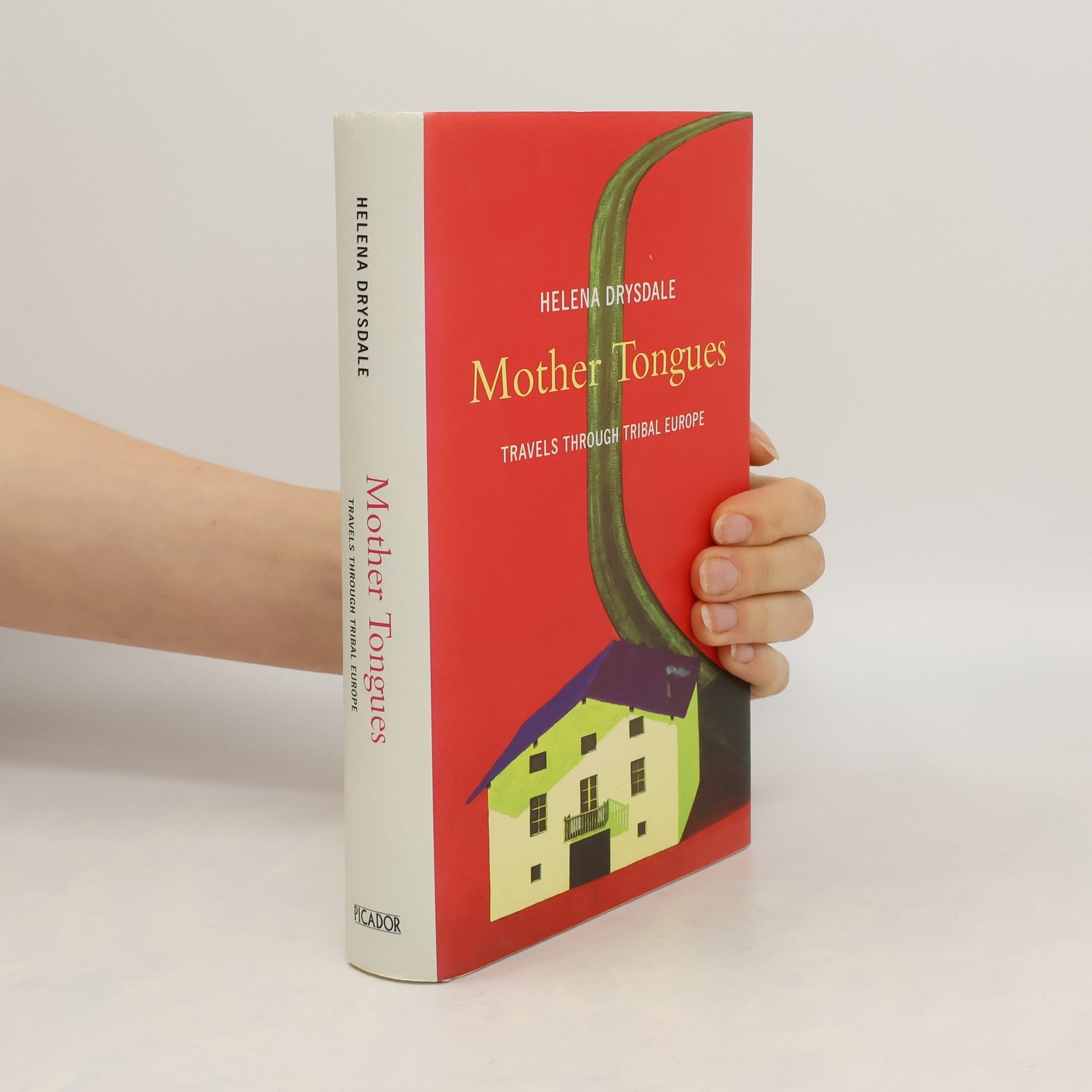Escaping dog-mess parks and conversations about childcare, Helena Drysdale and her husband Richard rented out their South London house and embarked on an epic eighteen-month journey across Europe. With them went their two infant daughters, Tallulah and Xanthe. They had no plans but they did have a goal; to probe the secrets of Western Europe's indigenous tribes. Over seven seasons Helena Drysdale and her family travelled from the Mediterranean to the Arctic, from the Atlantic to the Aegean. By living in a van 'on location' rather than flying in and out like foreign correspondents, the family got to know people, visited their homes, and through them explored the very basis of the cultures inhabiting Europe's ambiguous fringe. What drives the Basques' fight for independence? Why are the Corsicans so volatile and the Frisians so lonesome? Who are the Sami? The Alanders? The Ladin? Mother Tongues reveals the struggles of these peoples to stave off extinction in an increasingly homogenized world. This delves not only into the highs and lows of peripatetic family life, but digs deeper into the very nature of the powerful bond between language and identity that affects us all, whether we know it or not.
Helena Drysdale Knihy
Helena Drysdale sa primárne zameriava na umenie a históriu, čo sa odráža v jej literárnom diele. Jej písanie vyniká hlbokým skúmaním a analytickým prístupom, ktorý čitateľov vtiahne do zložitých tém. Prostredníctvom svojej práce ponúka jedinečný pohľad na svet umenia a histórie. Jej štýl je informovaný a zároveň prístupný, čo z nej robí významnú autorku v oblasti literatúry faktu.



This is the story of Helena Drysdale's journey to Romania to search for George Cupar, an Orthodox priest-poet whom she first met there in 1977. Her journey took her from Orthodox monasteries to prison-asylums, and from George's family to Securitate colonels.
In 1985, in time for Chinese New Year and all the accompanying celebrations, Helena Drysdale arrived in Canton and spent the next five months working her way from the lush hills of Hainan Island, across the wastelands of the north west to Tibet, and thence to Nepal. Her experiences along the way range from the hilarious to the macabre: hailed as a visiting VIP in the remote hills of Hainan; taking part in a spectacular Lantern Festival; witnessing the dawn Sky Burial in Tibet. Exploring back streets, markets, temples, on bicycles, buses and trains, she travelled and lived with ordinary people - teachers, sailors, black marketeers, monks - making friends and visiting their families. The result is a vivid and authentic picture of life in China, as it emerged from the rigorous doctrines of Chairman Mao.